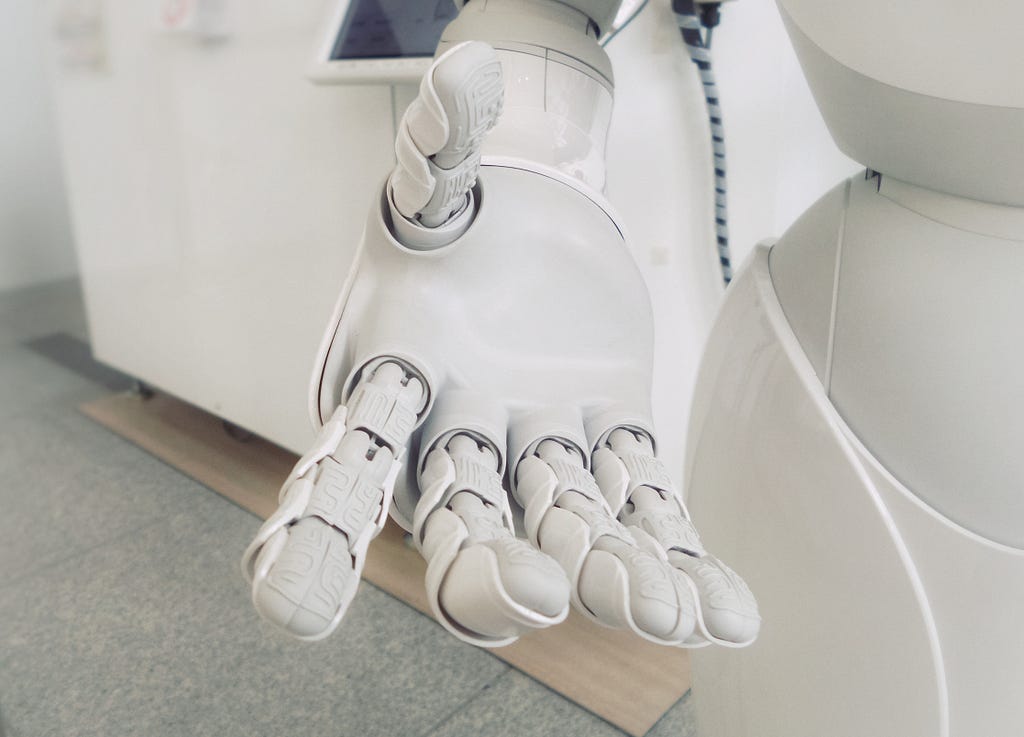Can ChatGPT Help Data Scientists?

ChatGPT is a language model developed by OpenAI that has the potential to revolutionize the way data scientists work. With its ability to generate human-like text, ChatGPT can help data scientists automate repetitive tasks, improve their data storytelling skills, and develop chatbots, among other things. By leveraging the capabilities of ChatGPT, data scientists can work more efficiently, saving time and effort, and focusing on higher-value tasks. Whether you’re looking to improve your data cleaning and preparation, data visualization, or customer service, ChatGPT has the potential to help you achieve your goals more effectively.
Ignoring the hype surrounding this tool, can it be useful for me as a data scientist? I’m impressed by its capabilities, but how will it fit into my daily work? Will it provide a real boost to my workflow?
I wanted to share my experiences and insights to help others and keep track of how these systems have evolved over time.
Content Generation and Data Storytelling
Content generation is creating digital content using computer programs or AI models like ChatGPT, which generates text similar to human writing. This technology can automate tasks such as writing reports, articles, and chatbots, saving time and effort.
I often struggle with spending too much time analyzing data, testing hypotheses, and maintaining models, as well as presenting my findings to stakeholders in an understandable and effective way.
Recently, I’ve been utilizing this tool intensively to handle emails, create presentation content, and respond to inquiries on my personal website. Although I did tweak some responses to ensure they reflected my voice, the overall results were impressive. I’d say this tool has greatly improved my productivity.
What I appreciated about content generation was the ability to focus solely on the content while the tool polished and professionalized my writing. Whether I wanted a friendlier tone or a shorter version, I simply had to provide my initial draft and the tool took care of the rest.
Code Generation
ChatGPT has generated a lot of buzz in the industry, and it’s definitely impressive. However, the question remains whether it’s advanced enough to enhance a data scientist’s productivity. Ignoring the fearmongering from journalists worried about their job security, I’ve found a practical use for ChatGPT: discovering packages, functions, and modules.
ChatGPT’s ability to write code was intriguing, but I realized I would still need to thoroughly review and validate the solution for any potential risks. Instead, I found a more practical use for ChatGPT — discovering new packages and modules. ChatGPT showed me functions I was unfamiliar with and provided clear documentation and explanations, making it a valuable tool for expanding my knowledge and finding new solutions to problems.
ChatGPT is like having your own personal documentation reader. As an experienced software engineer, I find it helpful to have quick access to snippets instead of sifting through pages of documentation. ChatGPT provides this for me and I can easily recall which documentation it is referring to.
I was able to quickly recreate parts of the code demonstrated in one of my old articles, saving me significant time compared to my previous process of finding lesser-known functions on my own.
Googling
ChatGPT has the potential to replace search engines like Google. After using it intensively, I found it to be a reliable source for quick answers to most queries. However, it does have limitations, as you can’t be sure the answer is completely accurate. With a search engine, you have the control to stop and choose the best answer, but with ChatGPT, the convenience of instantly receiving a decent answer is fulfilling.
I found myself frequently turning to ChatGPT for guidance on how to use certain Python functions and modules. It became somewhat of a habit for me.
Getting general answers for big topics like buying a house or moving to another country from ChatGPT can be extremely helpful. Instead of having to search through multiple websites to find information, ChatGPT can provide you with a comprehensive list of steps and resources to get started on your project. This can save you a lot of time compared to research on your own.
Conclusions
I believe that the capabilities of ChatGPT will continue to grow and expand, and I am eager to see what new uses and applications it will bring in the future. At the moment, I don’t think it has the potential to entirely replace data scientists, but it will certainly change the way we approach and solve problems. With a tool like this at our disposal, we can shift our focus to more complex and critical aspects of a project, and let ChatGPT handle the more routine tasks.
Complex business problems and high-dimensional data require a deep understanding and expertise, which can be challenging to translate into a simple query for a bot like ChatGPT. It often takes longer to explain the concepts than to write an SQL query manually.
In the meantime, I’ll keep challenging it on a daily basis!
More content at PlainEnglish.io.
Sign up for our free weekly newsletter. Follow us on Twitter, LinkedIn, YouTube, and Discord.
Can ChatGPT Help Data Scientists? was originally published in Artificial Intelligence in Plain English on Medium, where people are continuing the conversation by highlighting and responding to this story.
https://ai.plainenglish.io/can-chatgpt-help-data-scientists-996202b25e0d?source=rss—-78d064101951—4
By: Alessandro Romano
Title: Can ChatGPT Help Data Scientists?
Sourced From: ai.plainenglish.io/can-chatgpt-help-data-scientists-996202b25e0d?source=rss—-78d064101951—4
Published Date: Wed, 14 Jun 2023 11:05:16 GMT
Did you miss our previous article…
https://e-bookreadercomparison.com/whats-new-in-net-8-revolution-in-history-of-net-is-here/